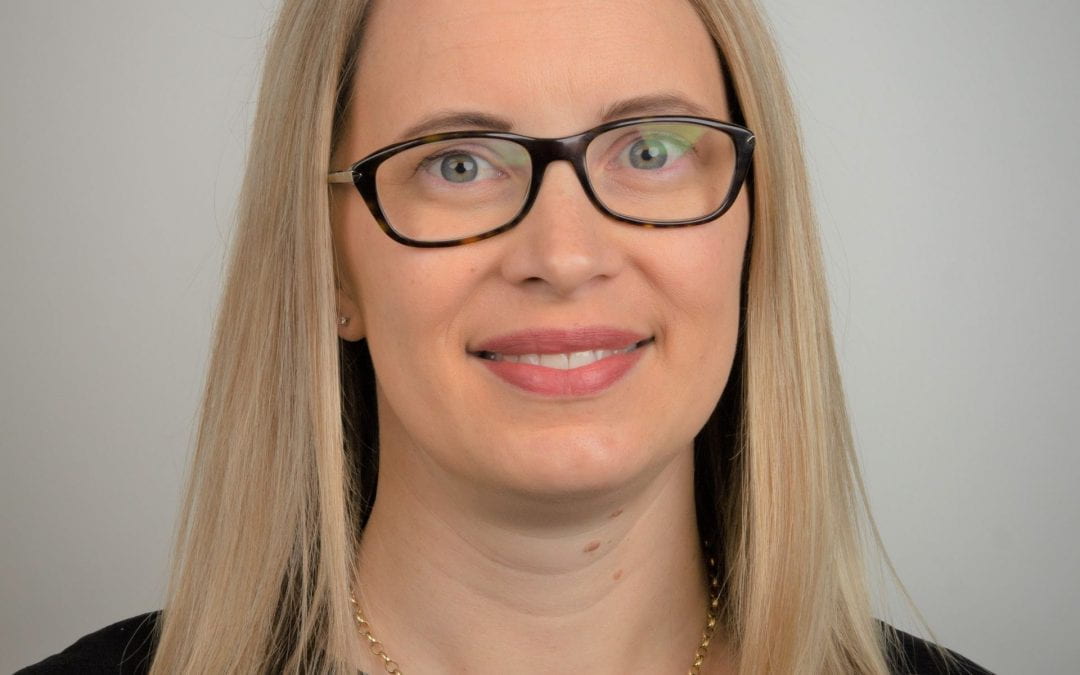A pilot study of wearable technology to help young people sense and manage their anxiety is under way in New Zealand.
The two-year project, which has been granted $400,000 in joint funding by A Better Start National Science Challenge and Cure Kids, will investigate how wearable sensors can be used to identify the early changes associated with anxiety episodes, and help adolescents manage them.
Young people with anxiety will be involved in designing, developing and testing the intervention tool, which will provide tailored, in-the-moment support to build resilience to stress and anxiety.
“Wearable sensors enable information collection to be linked to the individual’s mobile phone to tailor support to individual needs,” says Dr Rosie Dobson, of the University of Auckland, who is leading the project.
“By alerting adolescents early and providing a simple supportive message to engage with control mechanisms it may circumvent worsening anxiety and end episodes before they spiral into something serious.
“Being made aware of the very early physiological signs of starting to experience stress and anxiety could make interventions more timely and therefore the distress more manageable.”
Dr Dobson says in New Zealand nearly one quarter of young people experience anxiety or stress, which can place them at elevated risk of poor mental health and suicide.
Building resilience in adolescents is vital to sustaining wellbeing and reducing mental distress, she says.
“In a time when anxiety in young people has been increasing due to uncertainty, lockdowns and fear of Covid-19, programmes that enhance feelings of control over stress and anxiety could have a huge impact on their lives.”
The study will prioritise Māori and Pasifika adolescents, due to the significant inequities in mental health outcomes that exist, and the potential for digital solutions to provide more accessible support than conventional services.
The intervention will be pilot-tested and scoping of its scalability will be undertaken as part of the project.

